News: Researchers found that a behavioural intervention involving playing Tetris, can reduce the number of flashbacks for the stressful events in people with post-traumatic stress disorder.
People with post-traumatic stress disorder (PTSD) tend to have recurrence of visual memories of traumatic experiences, which aggravates stress and delays recovery. A research team from Ruhr-Universität Bochum together with Professor Emily Holmes from the Karolinska Institute investigated if playing Tetris could help people with PTSD to alleviate flashbacks of traumatic experiences.
They examined 20 patients with complex PTSD admitted in hospital for six to eight weeks for regular therapy and also received special intervention. The participants were asked to write down stressful memories on a sheet of paper and then tear up the paper, without talking about the content. They then played Tetris on a tablet for 25 minutes. Researchers targeted the content of a specific flashback for each intervention provided week to week. Over the weeks, the team targeted various flashback contents one after the other.
The team found a decrease in the frequency of the flashbacks for which content was targeted during the days and weeks following the intervention. Overall, the number of flashbacks for the situations that were targeted fell by an average of 64%.
The reason could be activation of areas in the brain responsible for visuospatial processing when recalling a stressful memory in detail. The same brain areas are engaged when playing Tetris. Both tasks need comparable and limited resources, which results in interference. In this process the memory trace could be weakened when it is stored again, resulting in fewer flashbacks as per scientists.
To Know More You May Refer To:
Kessler, H., Holmes, E. A., Blackwell, S. E., Schmidt, A., Schweer, J. M., Bücker, A., Herpertz, S., Axmacher, N., & Kehyayan, A. (2018). Reducing intrusive memories of trauma using a visuospatial interference intervention with inpatients with posttraumatic stress disorder (PTSD). Journal of Consulting and Clinical Psychology, 86(12), 1076-1090. https://doi.org/10.1037/ccp0000340

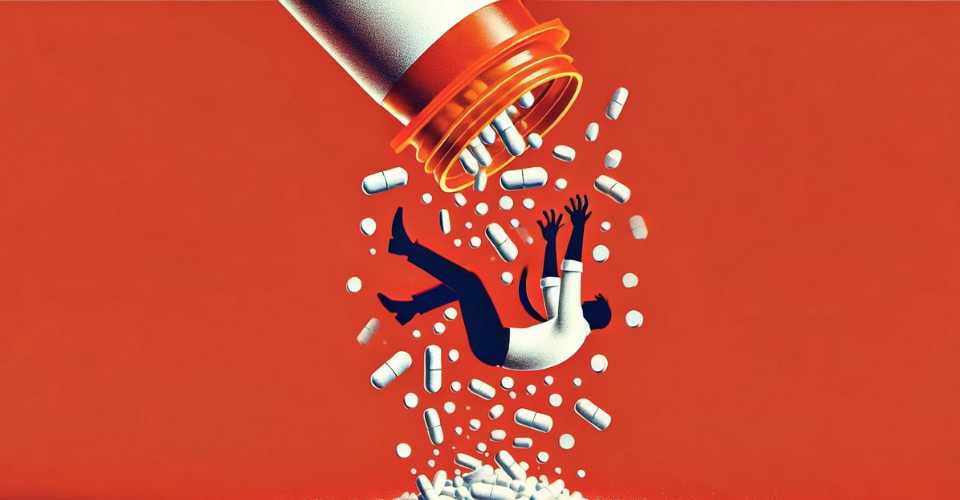
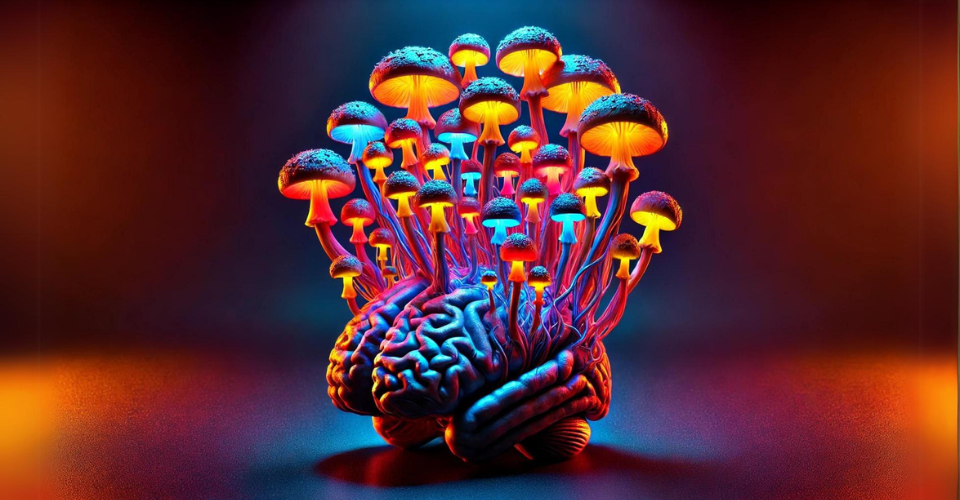
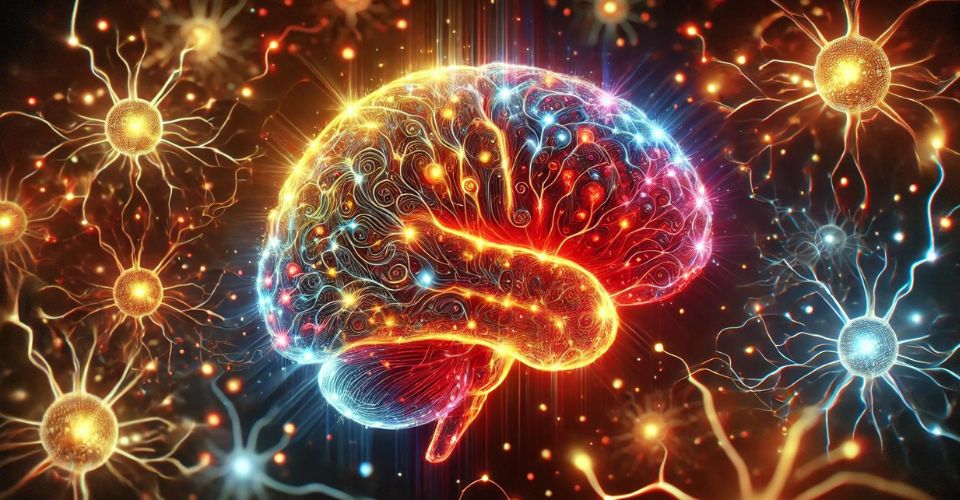

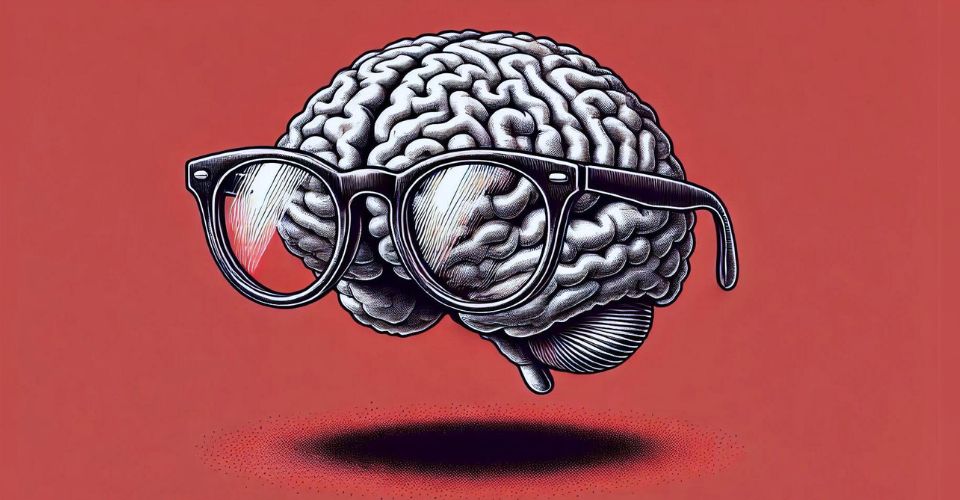
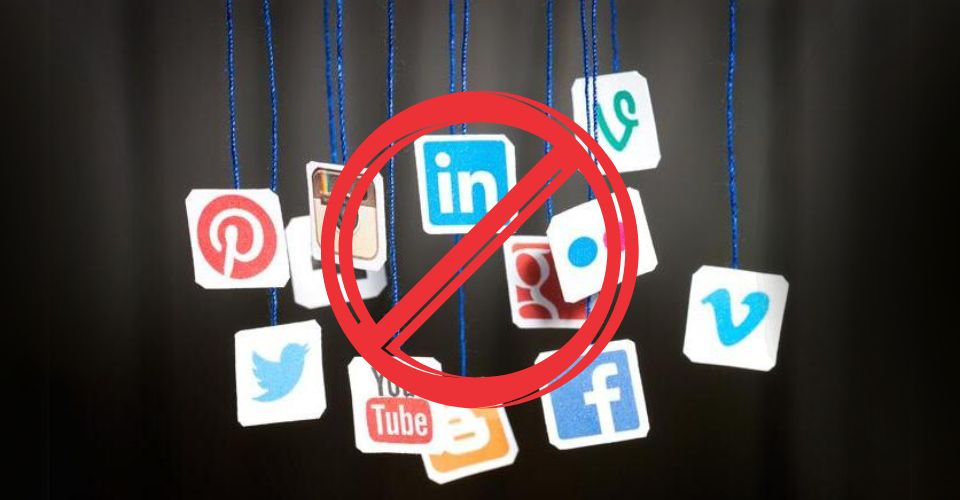
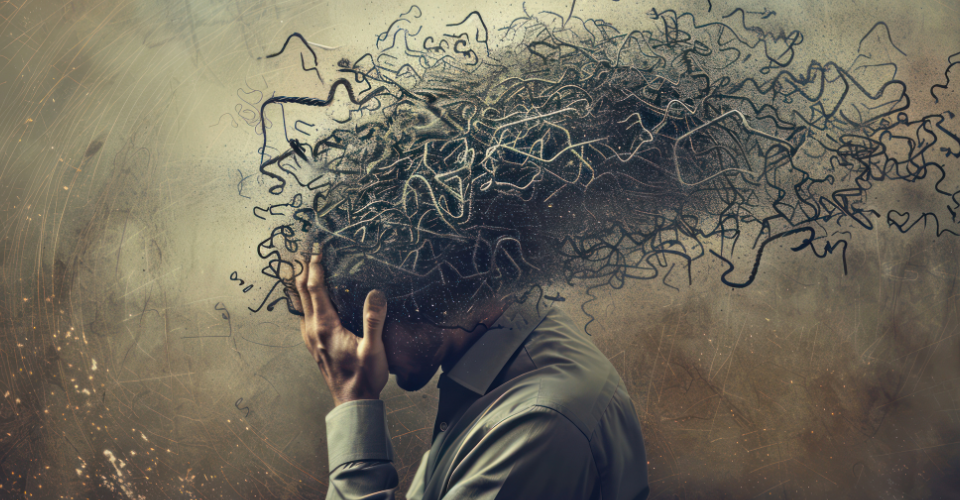


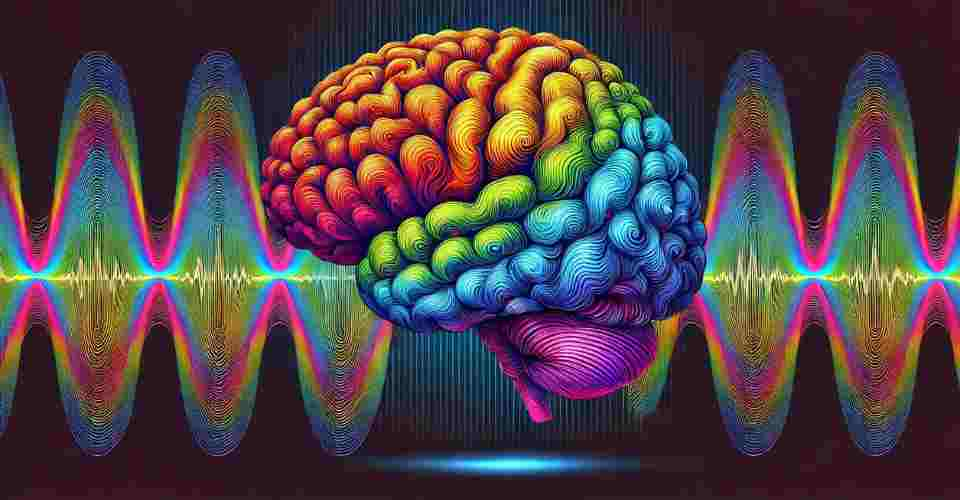

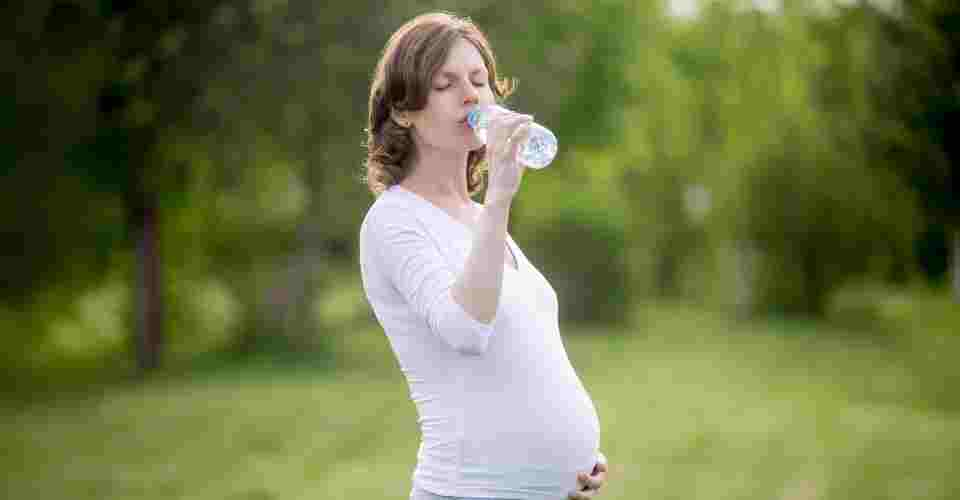
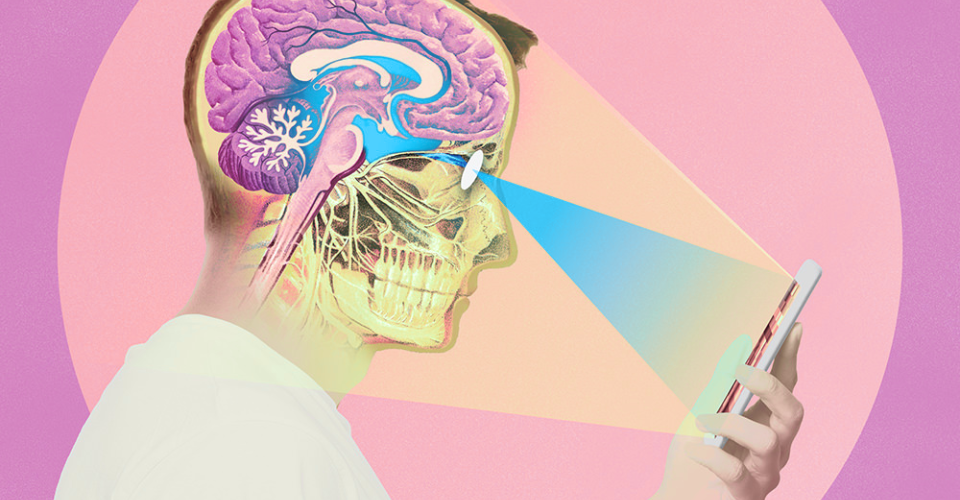
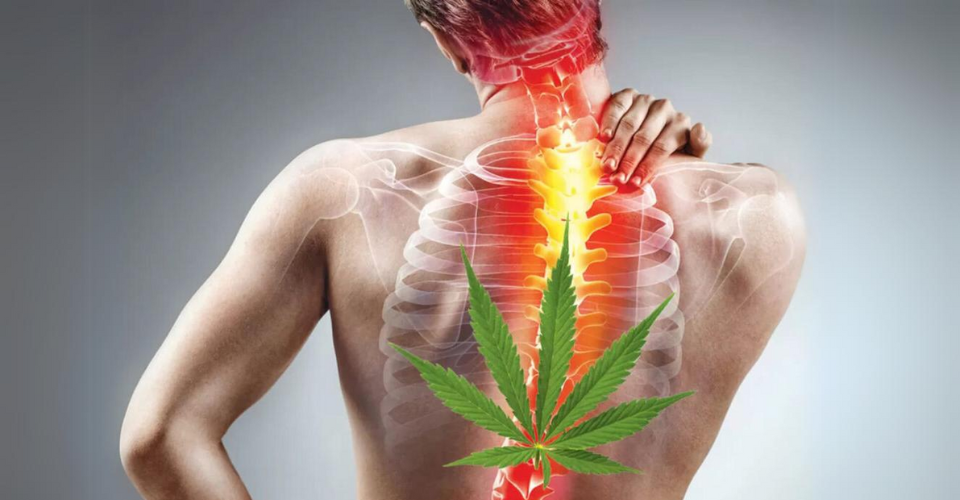

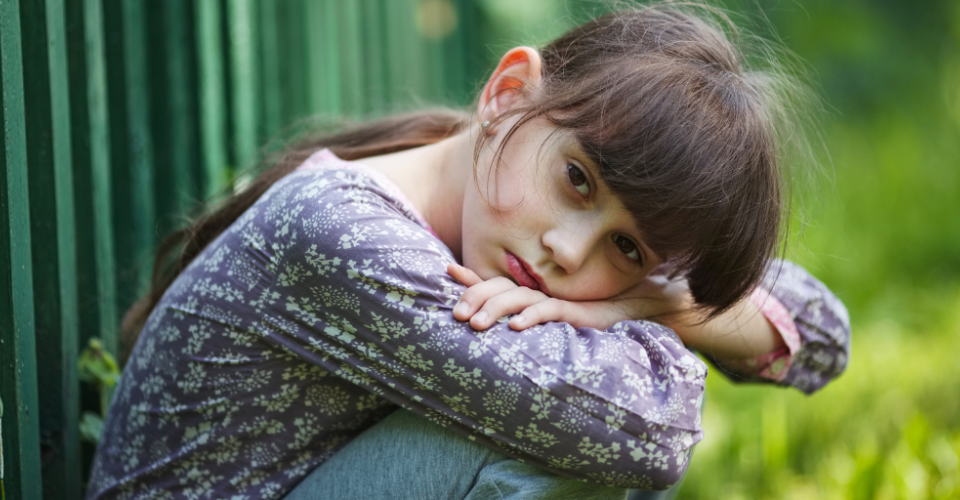


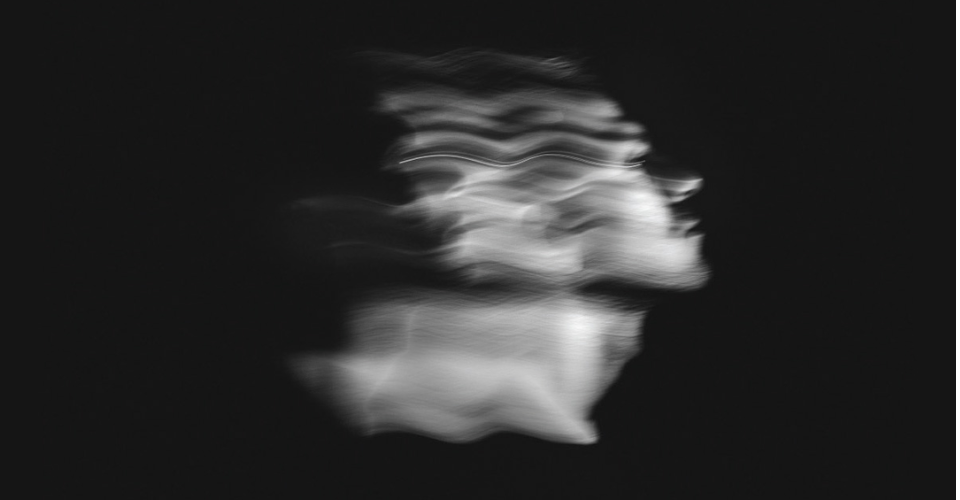
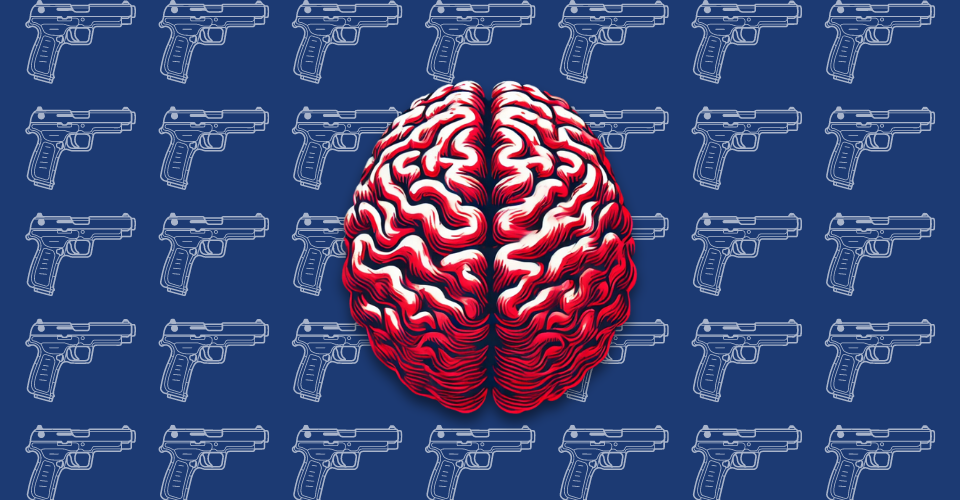

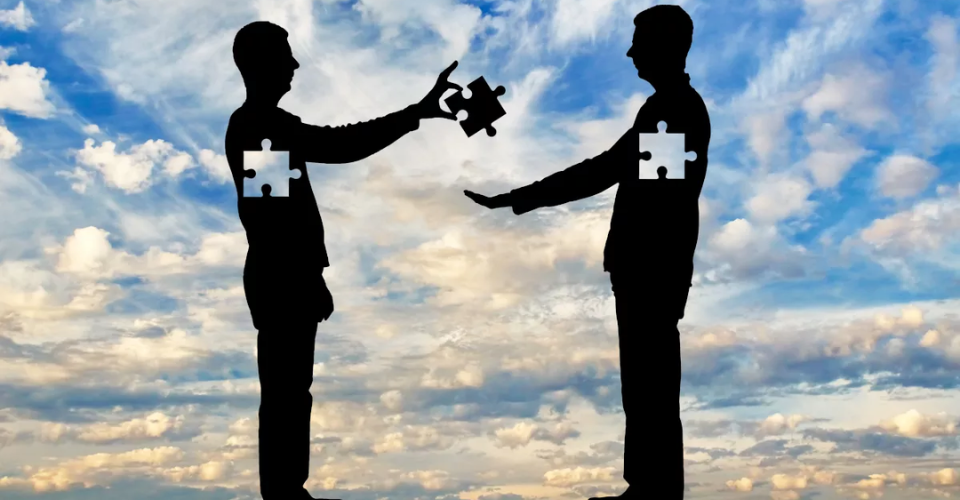



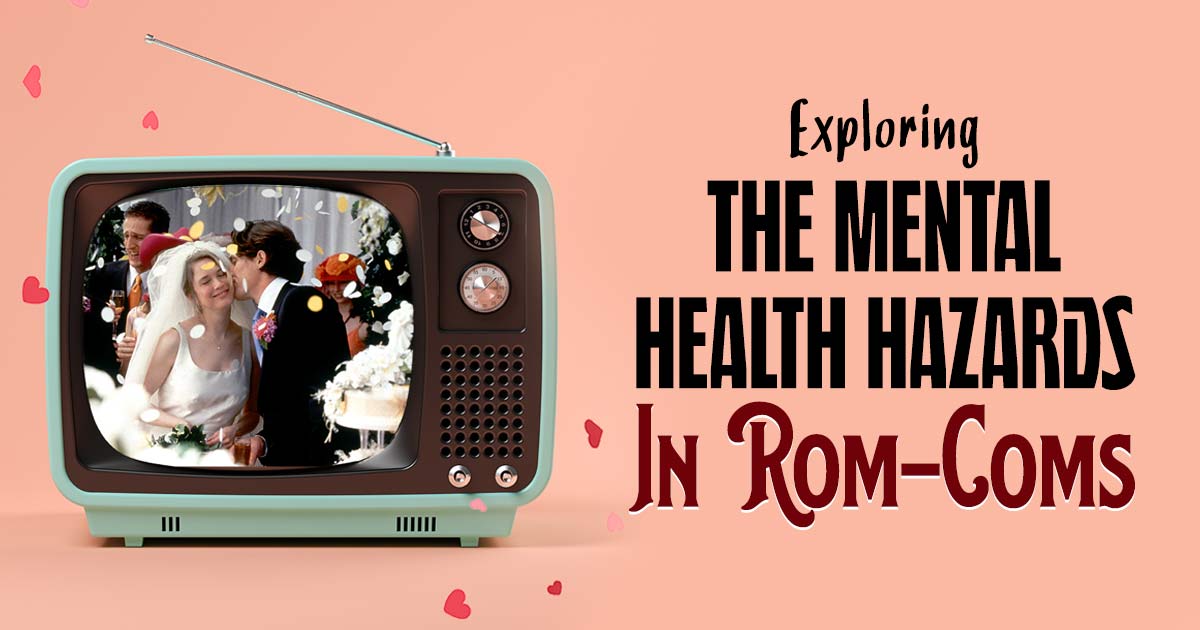

Leave a Reply
You must be logged in to post a comment.